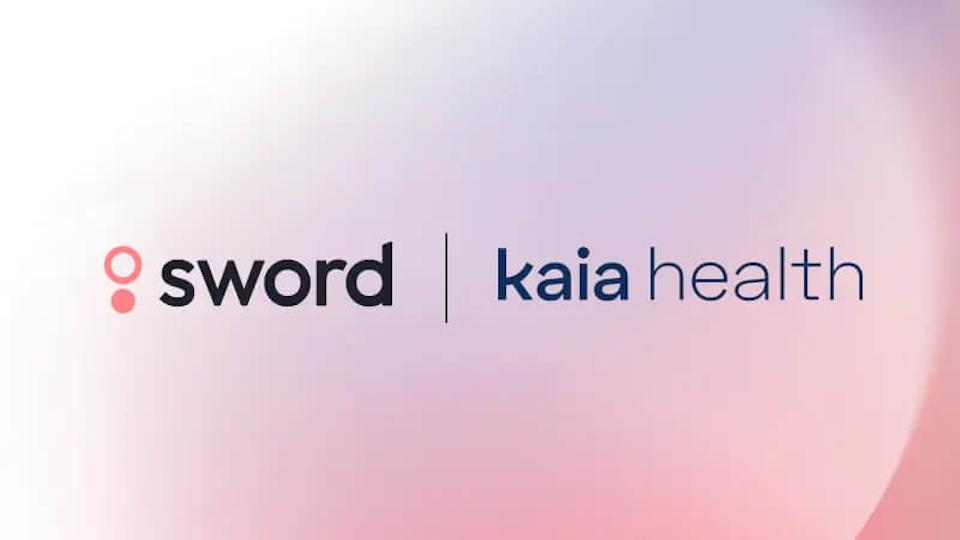Digital health roundup: NHS beefs up health records and more

In the UK, the drive to integrate digital health services into the NHS continues apace – and the latest initiative will see data from private hospital care integrated into the publicly-funded system.
While the NHS is the dominant force in the UK health market, there are concerns about a lack of visibility in private care, and a need to build a complete patient record service covering both NHS and private services.
As a result the health service’s digital provider, NHS Digital, and the Private Healthcare Information Network, which collects data about private providers, have formed an alliance.
The new programme was announced late in June and was backed by former health secretary Jeremy Hunt, who has now moved to a new role as foreign secretary after this week’s cabinet reshuffle.
Citus’ secure messaging service aims to improve infusion service
Citus Health, a digital health firm specialising in post-acute care, has announced a new partnership with infusion company Amerita.
Amerita’s technology focuses on intravenous administration of complex medications for acute and chronic health conditions, with operations in 15 US states.
The partnership will provide a secure messaging solution, which will replace time-intensive phone and paper-based processes with more efficient digital and mobile communications.
Branded as “Call Bell”, the service will enable Amerita staff to direct communication between staff patients, and the entire care team.
It will also allow for close patient engagement, and for “value-based” care where reimbursement is based on patient outcomes.
Citus Health’s co-founder, Melissa Kozak, said: “Amerita is a well-established innovator in the specialty infusion market. The team’s entrepreneurial focus and commitment to delivering efficient, highly responsive patient care are a perfect fit for Citus Health digital and mobile solutions. We are excited to support the Amerita team’s goals of high touch patient care that delivers both cost savings and deepens referral partner relationships.”
MeYou Health uses digital tech to promote better sleep
US digital health firm MeYou Health has launched Better Sleep, a digital program to improve sleep habits.
MeYou Health provides a digital “wellness suite” that is optimised for small and medium-sized businesses.
Better Sleep is a new six-week program delivered within Daily Challenge, the MeYou Health clinically validated behaviour change intervention that sends members one small healthy challenge to complete each day.
Through the program, Better Sleep allows participants to track progress in a daily sleep diary and track which food and drinks to avoid, and when to avoid them.
It also helps them to modify environmental factors that can affect sleep, including room temperature, light and noise.
The program also suggests exercises to do in the day that can improve sleep at night, relaxation techniques such as easy breathing and visulations, and ways to maintain healthy sleep habits after competing the program.
Nathan Cobb, MeYou Health’s chief medical officer, said: “Fatigue from lack of sleep is one of the most under recognised costs to employers.”
“Over a third of Americans don’t get enough sleep and don’t know that there are effective treatments other than medication.”
Verily joins with sleep apnoea firm ResMed
Sleep apnoea firm ResMed has joined with Google’s life science division Verily to form a new joint venture studying the health and financial impact of undiagnosed and untreated disease, and find new ways to treat it.
The joint venture will combine ResMed’s expertise in sleep apnoea and Verily’s advanced health data analytics technologies.
As well as assessing the impact of untreated disease on patients’ lives, it will develop software to more efficiently identify, diagnose, treat, and manage patients with sleep apnoea and other breathing related sleep disorders.
Caused by the walls of the throat relaxing and narrowing during sleep and interrupting breathing, the disease affects around 54 million people in the US, and is associated with heart disease, stroke, type 2 diabetes and other life-threatening conditions.
Despite the high prevalence and increasing public awareness, around 80% of people with obstructive sleep apnoea are undiagnosed, untreated, and unaware of their own risk and the benefits that therapy could provide, the companies noted.
ResMed employs 6,000 people covering more than 120 countries and has produced more than 5 million cloud-connected medical devices for remote patient monitoring.
These include software that helps to treat respiratory conditions including sleep apnoea and chronic obstructive pulmonary disease.
Verily was launched in 2015, and is a subsidiary of Google’s parent company Alphabet, focused on life sciences and health care.
This year Verily began collaborating with Gilead to identify molecular drivers behind the inflammatory diseases rheumatoid arthritis, inflammatory bowel disease, and lupus.
It is also collaborating with its sister company Google Research to develop an AI-powered test for heart disease that analyses retinal imagery.
Last year it opened a lab for Freenome, a startup that it has invested in, to develop liquid cancer screening tests.
Jessica Mega, chief medical and scientific officer at Verily, said: “Approaching a widespread health problem like sleep apnea through collecting, organising and activating health data is central to Verily’s mission.”
"By better identifying at-risk individuals as well as generating real-world evidence regarding the value and effectiveness of treatment, this collaboration has the potential to improve outcomes for millions of people living with sleep apnea, and potentially other related conditions."












